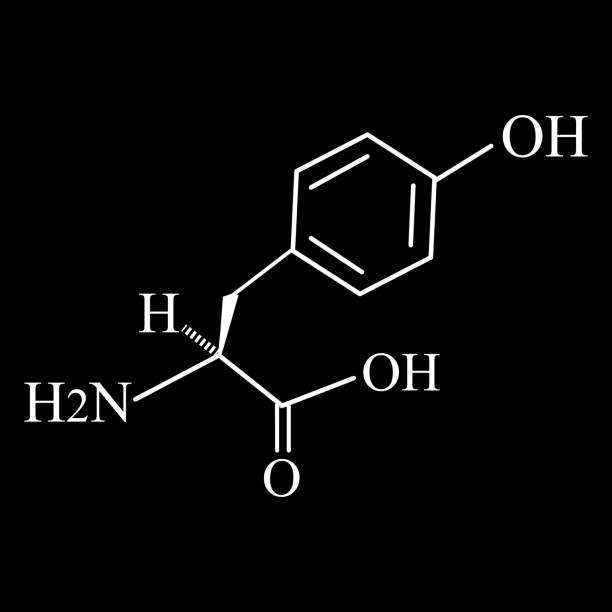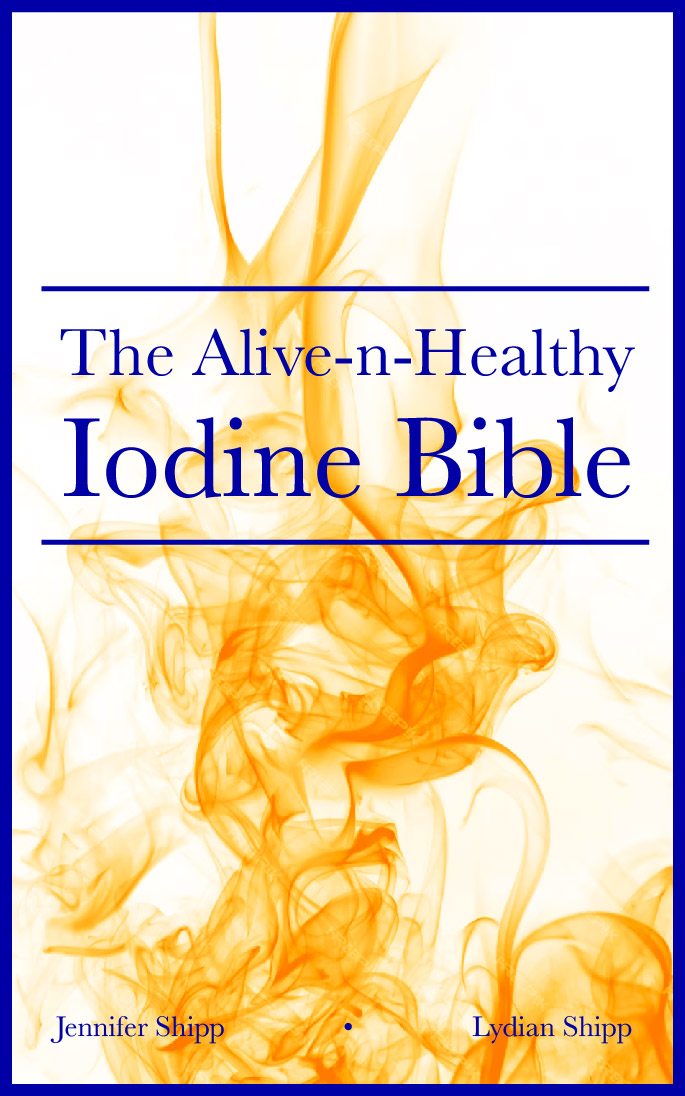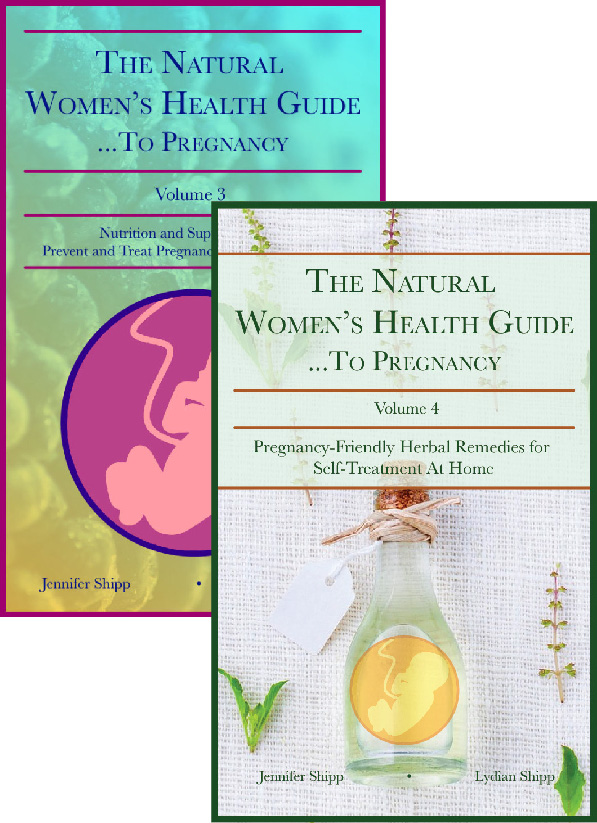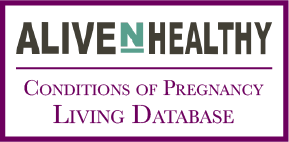
L-Tyrosine During Pregnancy for Thyroid Health, Mental Health, and Disease Prevention
Tyrosine is a conditionally essential amino acid that’s either consumed directly in food or produced in the body from the essential amino acid, phenylalanine. Tyrosine, like phenylalanine, is a precursor for the production of neurotransmitters like dopamine, epinephrine, and norepinephrine; it also is a precursor for melanin. Note that tyrosine thus has a similar role in both humans and plants, since tyrosine is involved in plant photosynthesis and chlorophyll production, and melanin in humans is not only a skin pigment but also one of the main components responsible for absorbing light (as well as for reflecting it; read more about melanin in this article).Tyrosine is also responsible for the production of thyroid hormones, and so tyrosine levels in the body are directly connected to thyroid health. Tyrosine is an integral part of both T3 and T4 hormones; without enough tyrosine in the body, the thyroid won’t be able to produce either one of these thyroid hormones, which can lead to symptoms of hypothyroidism (and in terms of pregnancy, lack of thyroid hormones and diminished thyroid health can lead to recurrent miscarriage and problems getting pregnant in the first place). Tyrosine is an important supportive nutrient for iodine supplementation, which we talk about more in this article.

The AlivenHealthy Iodine Bible - Everything you need to know to get started taking iodine and more!
Tyrosine is also required in order to synthesize ubiquinone (CoQ10). CoQ10 is a coenzyme that’s present in literally every cell in the body. This is another extremely important nutrient during pregnancy that we discuss in more detail in this article.
Some research shows that tyrosine supplementation during pregnancy may directly alter dopamine levels in offspring. One study on rats demonstrated that maternal consumption of tyrosine supplements altered the development of the fetus’ dopaminergic system. In this study, the offspring had lower-than-average dopamine levels during the first 15 days of life, but then had higher dopamine levels from day 30 onwards to adulthood. Dopamine levels in offspring of mothers who were given tyrosine were specifically found to be higher in the substantia nigra and ventral tegmental areas of the brain.
Usually, humans can consume tyrosine in the diet in reasonable enough quantities, even during pregnancy or times of illness or other forms of physical stress, but unfortunately, tyrosine is likely relatively scarce in the modern food supply. Tyrosine is among the many nutrients that are produced in plants via the Shikimate Pathway. Most inorganic foods today have been genetically modified to not go through this normal pathway in order to make it possible for farmers to use chemical pesticides on their fields without killing their crops (the pesticides kill the plants that go through the Shikimate Pathway, leaving only those that don’t follow this process unharmed).

"The Natural Women's Health Guide... to Pregnancy - BUY HERE!"
This may seem like a relatively harmless thing, until you consider the list of nutrients that simply aren’t produced anymore when a plant doesn’t complete the Shikimate Pathway. These include not only tyrosine, but also phenylalanine, tryptophan, folate/vitamin B9, vitamin K1, and PABA. Animals that eat foods that weren’t allowed to go through the Shikimate Pathway also produce poorer quality meats, milks, and eggs, since these animal products will be lacking in vitamin K2 (the plants are supposed to produce vitamin K1, which then the animals that we eat are able to successfully convert to vitamin K2 in appreciable quantities, unlike humans, who only produce tiny amounts of vitamin K2 via probiotic bacteria).
This may seem like a digression, but it’s relevant especially in the discussion of pregnancy, since it’s important to get all of the amino acids your body needs in order for not only you to be healthy, but also for your baby to be healthy. Plants that don’t go through the Shikimate Pathway don’t produce phenylalanine or tyrosine, meaning that even if you try to eat plant-based foods that are supposed to contain these, chances are good that your body will end up deficient in these specific amino acids. Animal-based foods that aren’t produced properly will pose the same problem.
We discuss this problem of GMO foods and organophosphates in more detail in our book, "Root Cause: Common Environmental Toxins and How to Protect Yourself From Them".
So, you essentially have 2 main options to prevent becoming deficient in phenylalanine and/or tyrosine during pregnancy.
The first option would be to take a phenylalanine and/or a tyrosine supplement throughout pregnancy. If you’ve had mood issues in the past, or are concerned about having mood problems during or after pregnancy, it may be wise to take tyrosine specifically. This is because it’s less difficult for your body to convert tyrosine to the neurotransmitters your brain needs to make you feel good and balanced emotionally.
The second option is to switch exclusively to certified organic plant-based foods and to only eat organic, free-range poultry products and organic, grass-fed red meat and dairy products. This switch is, of course, ideal, since this will help increase the likelihood of you actually eating all of the nutrients that your body needs (remember, tyrosine isn’t the only nutrient that’s lacking in inorganic foods). Eating this way will also help you avoid chemicals that may harm you or your growing baby, which is likely to prevent health problems for both of you now and in the future. However, it’s often more expensive to eat exclusively in this way, and a lot of people have a tight budget that doesn’t allow for this. This brings us to a third option for budget-conscious people…
Eat organic produce whenever possible, but pay special attention to changing over your animal-based products to being organic and free-range/grass-fed. Animal products tend to be quite a bit worse when it comes to contamination from chemicals, so this is a smart move for a few reasons. If you can’t find a product that meets these specifications, avoid it (read about the dangers of non-grass-fed meats and dairy products in particular in this article). If you see a good deal on organic produce, or if you have some extra room in your budget for one week, get some organic plant-based foods too.
In addition to these steps in your diet, take a 500mg tyrosine supplement daily, along with supplements of nutrients that are missing in inorganic foods, like vitamin K2 and folate. Most of these nutritional supplements are reasonably affordable and will last you a long time. If you struggle with mood problems, take 1000-2000mg of tyrosine per day as needed. This dosage will help your brain to produce more dopamine.
SIDE NOTE: After pregnancy, the Mucuna pruriens bean is an excellent choice for improving mood, since it contains natural L-dopa, which is even more easily and quickly converted to dopamine in the brain. Mucuna shouldn’t be taken during pregnancy or when you’re trying to conceive. Some research indicates that it may reduce prolactin levels, so women who are breastfeeding should be aware that Mucuna may reduce their milk supply. Be prepared to switch from Mucuna back to tyrosine if this happens during breastfeeding.
 Click here to subscribe to the Living Database!
Click here to subscribe to the Living Database!

 Now Foods L-Tyrosine 500mg, 300 Capsules - Non GMO - Supports Mental Alertness - 500 mg Caps - Free Form Supplement
Now Foods L-Tyrosine 500mg, 300 Capsules - Non GMO - Supports Mental Alertness - 500 mg Caps - Free Form Supplement
 The Conditions of Pregnancy Living Database, BETA Release - NOW AVAILABLE! Click here to learn more...
The Conditions of Pregnancy Living Database, BETA Release - NOW AVAILABLE! Click here to learn more...







